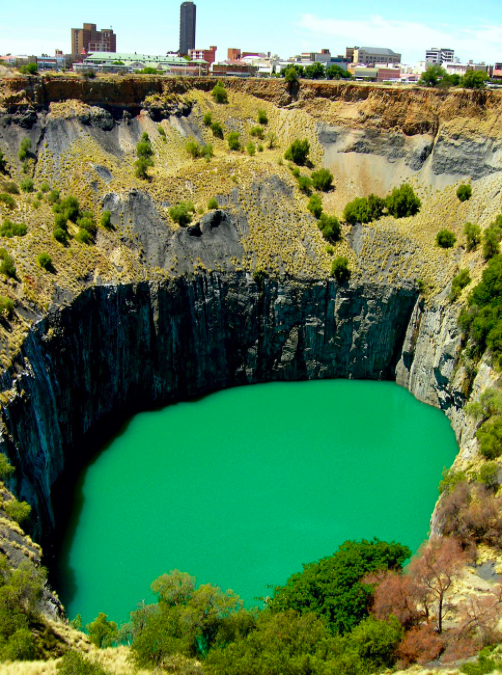In the spring of 2003, Jeremy Bush awoke from a deep sleep to the screams of his 36-year-old brother, Jeff, down the hall from him. By the time he arrived at Jeremy’s room, a sink-hole 30 feet deep had swallowed his brother. Jeremy jumped into the hole and dug frantically to save his brother until first responders arrived and pulled Jeremy out of the hole. There were no signs of Jeff. His body has never been recovered. The same sink hole opened once again two years later.
“We’ve seen them reopen before. Generally, when they fill them in, they are pretty stable — subsequent to that of repairs, so it is pretty rare…” said Larry McKinnon of the Hillsborough County, Florida Sheriff’s Office.
Generally, homes with repaired sink holes generally are safe, but further settlement can occur. The biggest issue with a home that has had settlement and sink hole issues in the past are that any future sales of the home would require full disclosure of the settlement by the seller. Once a property has the stigma of being a sink hole property, forever will it follow the property…even if it has been repaired. Sink holes will certainly negatively impact the “sellability” of the property and its value.
The key to purchasing a sinkhole property is the quality of the remediation. Did a contractor that is licensed to repair sinkholes? Does the seller have documentation and can the remediation be verified with the licensed contractor that performed the work? Will an insurance company insure the property? These considerations must be taken into account before anyone should purchase a sink hole property.
If a sink hole home is repaired and insurable, however, a landlord might be able to find great rental properties at a low, low price. The question for the buyer is what the resale value of the property will be like down the road. If the landlord is purchasing the property for a long-term buy and hold, however, a sink hole property might be an option for their portfolio.

